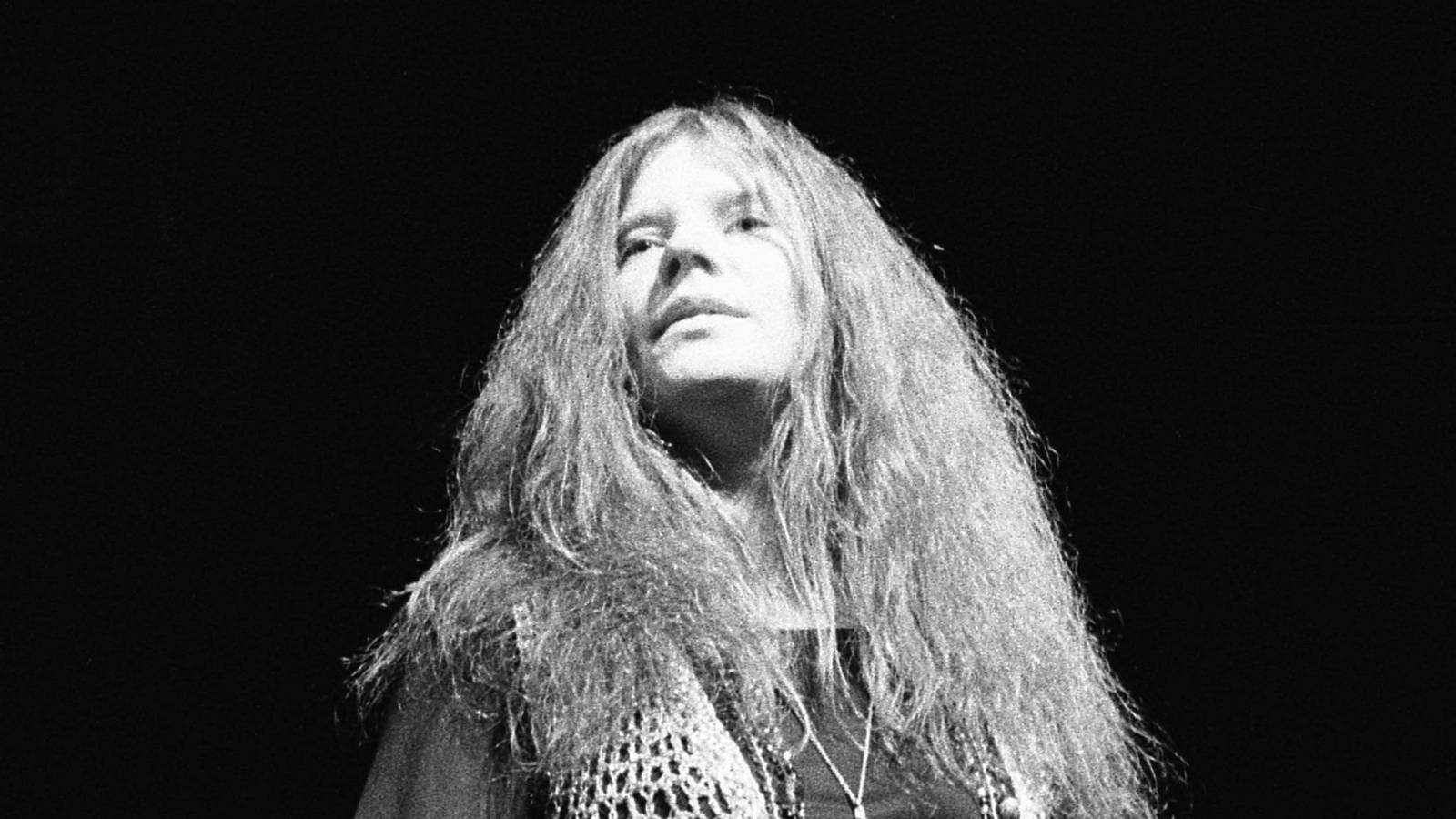Today marks the 55th anniversary of the death of acclaimed singer-songwriter Janis Joplina vocal force of nature whose musical impact has long outlived her tragically short time in the spotlight. Joplin performed songs you forgot were covers of other songs, and has one of the ten essential rock songs performed by female singers.
One of Joplin’s greatest aspects was also her ability for the type of live performances that still leave us stunned. Her gravelly, rasping voice and loving lyrics oozed passion from every porelike thunder crashing down a mountainside. Over five decades later, we have yet to see another power like Janis Joplin, and it’s doubtful that we ever will again.
With And Bobby McGee (1971)
Originally written by singer-songwriter Kris Kristofferson and first performed by musician Roger Miller, Joplin covered “Me and Bobby McGee” in 1970 for inclusion on her second solo album Pearl (released posthumously in 1971). Joplin would record the track just days before her deathand it would come to be one of her most signature statements.
While versions like Kristofferson’s embraced the quieter, introspective quality of two drifters who come together only to find a love that doesn’t last, Joplin plays her take like a bluesy, organ-accented rave-up. She riffs and roars across the lyrics of “Me and Bobby McGee,” giving the iconic track her own driving, emotionally calling, wanting, cathartic need that’s never faded.
Piece Of My Heart (1968)
“Piece of My Heart” was another song that began in a different type of incarnation, being initially recorded by Aretha Franklin’s older sister Erma as a soulful, R&B-inflected statement. The take was a popular one, charting successfully and even being nominated for a 1969 Grammy Award (that Franklin would ultimately lose to her sister’s “Chain of Fools.”)
Joplin would record her own “Piece of My Heart” in 1968 as part of the rock band Big Brother and the Holding Company. While Franklin didn’t hold back expressing her gospel-crooning version the year before, once again, Joplin’s relentless voice sets the pace here. Her expressed heartache is so visceral and raw, she again makes the song her unique possession.
Cry Baby (1970)
Similar to Joplin’s harder perspective on Erma Franklin’s soulful rendition of “Piece of My Heart,” she takes a much more rough-and-tumble, blues-rock path on her cover of “Cry Baby,” which was originally performed by Garnet Mimms and the Enchanters in 1963. The song was a regular staple of Joplin’s live performances and was ultimately recorded for her final album Pearl.
Once again, the singer embodies a track written by another and makes it feel like it came straight from her heart. So much of great blues-inflected music isn’t in the technicality or complexity, but in how the performer feels it for their audience. Time and time again, Janis Joplin poured out a full cup of her spirit to the masses.
Ball And Chain (1968)
Speaking of a full cup of spirit, Joplin’s mug was topped to overflowing with her cover of Big Mama Thornton’s song “Ball And Chain.” Initially written and performed by the foundational blues icon in the early ’60sJoplin saw Thornton play it in a San Francisco bar while still with the group Big Brother and the Holding Company.
Joplin and the rock group began to trot out their own rise-and-fall version of “Ball and Chain” on the performance stage, wowing audiences with their take during the 1967 Monterey Pop Festival. One of the band’s notable versions of “Ball and Chain” live from the Fillmore East was later placed on their 1968 LP Cheap Thrills.
The match of blues-inflected rock and roll and the icon known as Janis Joplin was a pairing made up of heavenly glory itself. She literally comes up out of her shoes during this live performance, putting her body into everything that the blues means and more.
Mercedes Benz (1971)
Among the final songs recorded for Janis Joplin’s posthumous album Pearl was the a cappella track “Mercedes Benz,” which was partially derived from lyrics written in a poem by the San Francisco beat poet Michael McClure. Joplin had allegedly heard this poem sung previously and began to sing it during a jam session with the songwriter Bob Neuwirth.
Some accounts will vary as to the exact inspiration for “Mercedes Benz,” but what is known is that it’s interpreted as a satirically intended, anti-consumerist prayer to Godwhere Joplin’s narrator asks for his love through the gain of material possessions. Joplin opens the song by speaking, jokingly stating that “Mercedes Benz” is of great social and political importance.
While a beat and background melody were added to a later remix of “Mercedes Benz,” the original is largely so attention-grabbing because the focus is only on Joplin’s vocals. Her voice talents could hold court and attention in any instrumental scenario without being overwhelmed, but to let it stand alone is another experience entirely that breathes like fine wine.

اترك تعليقاً